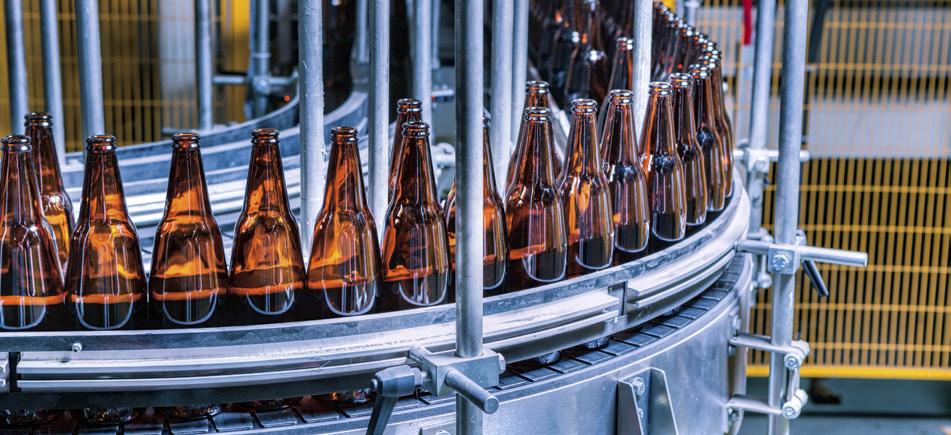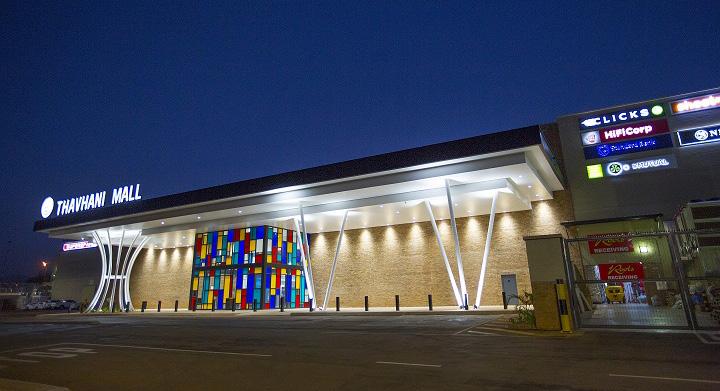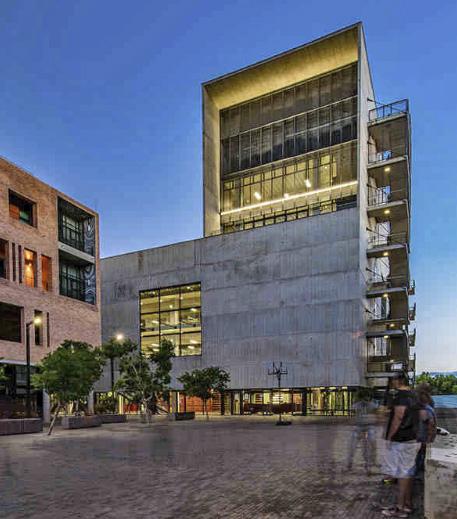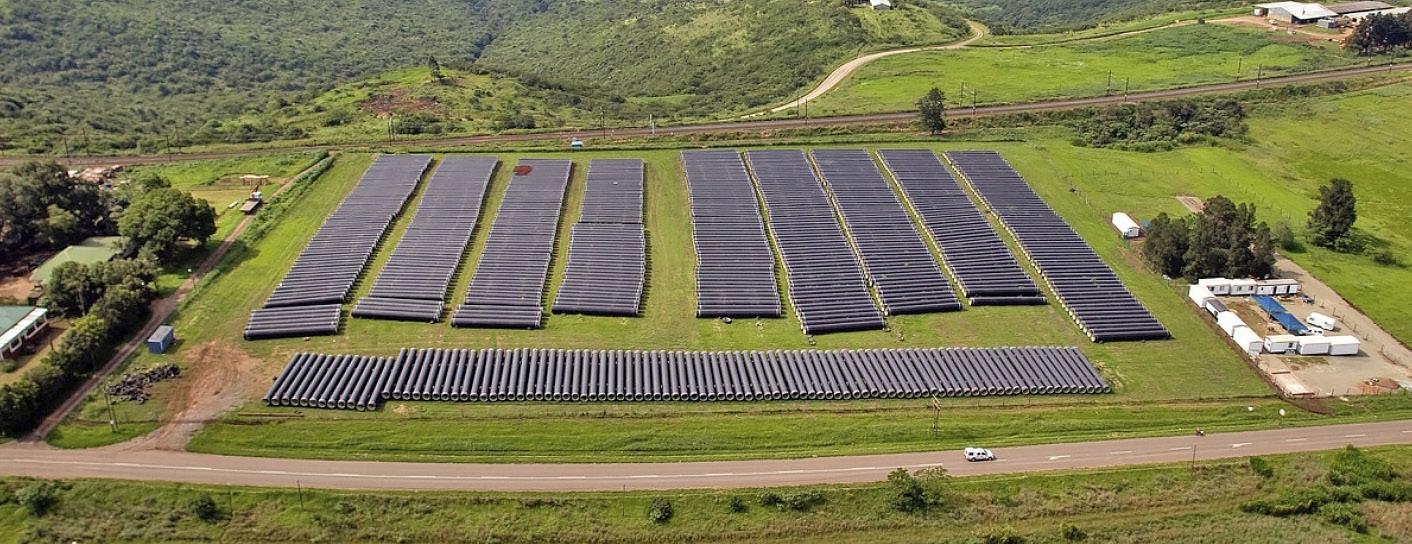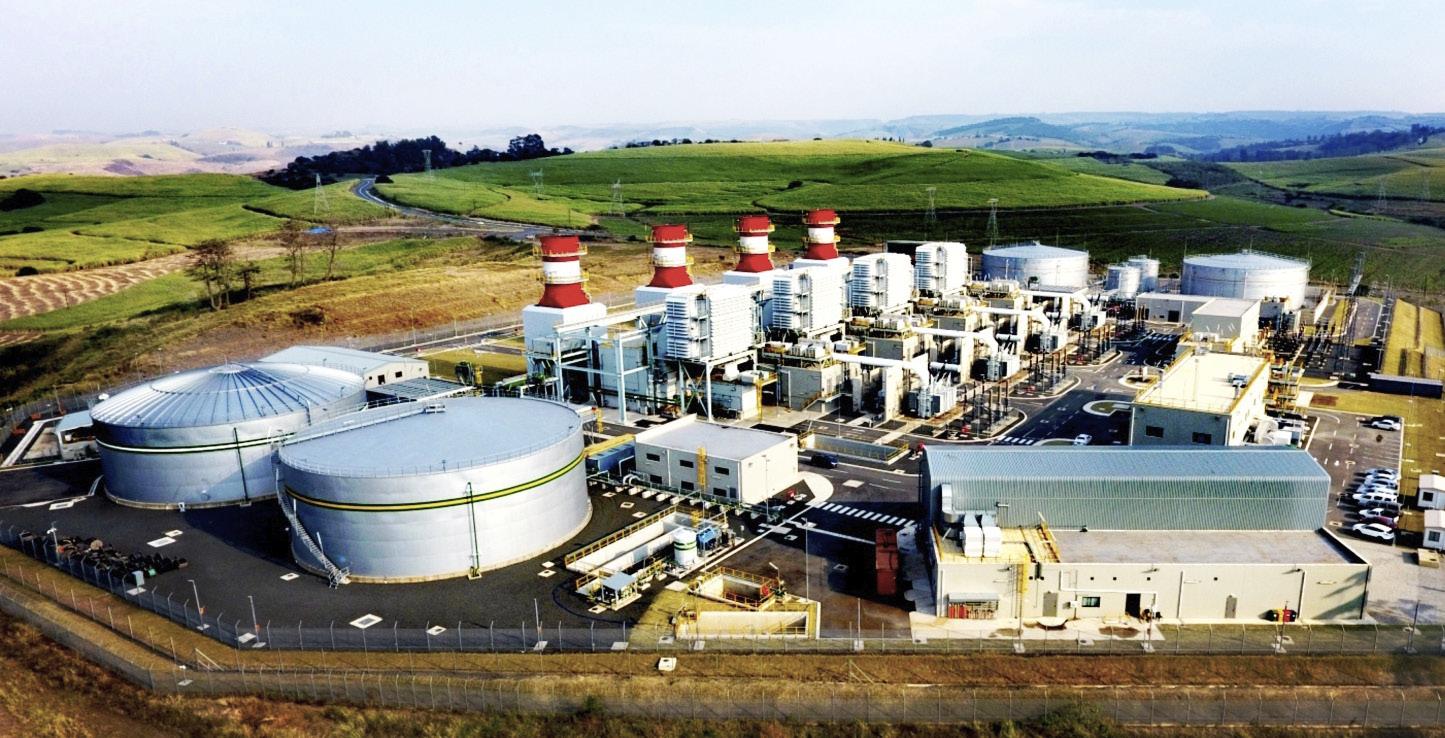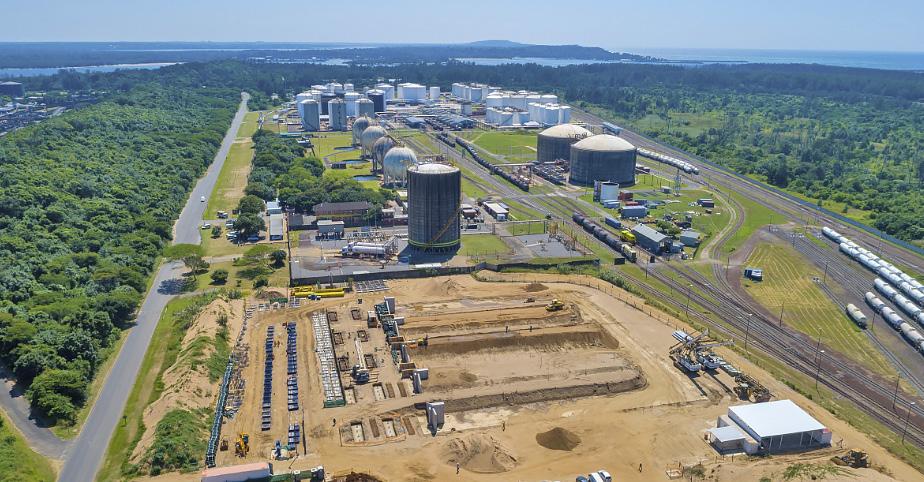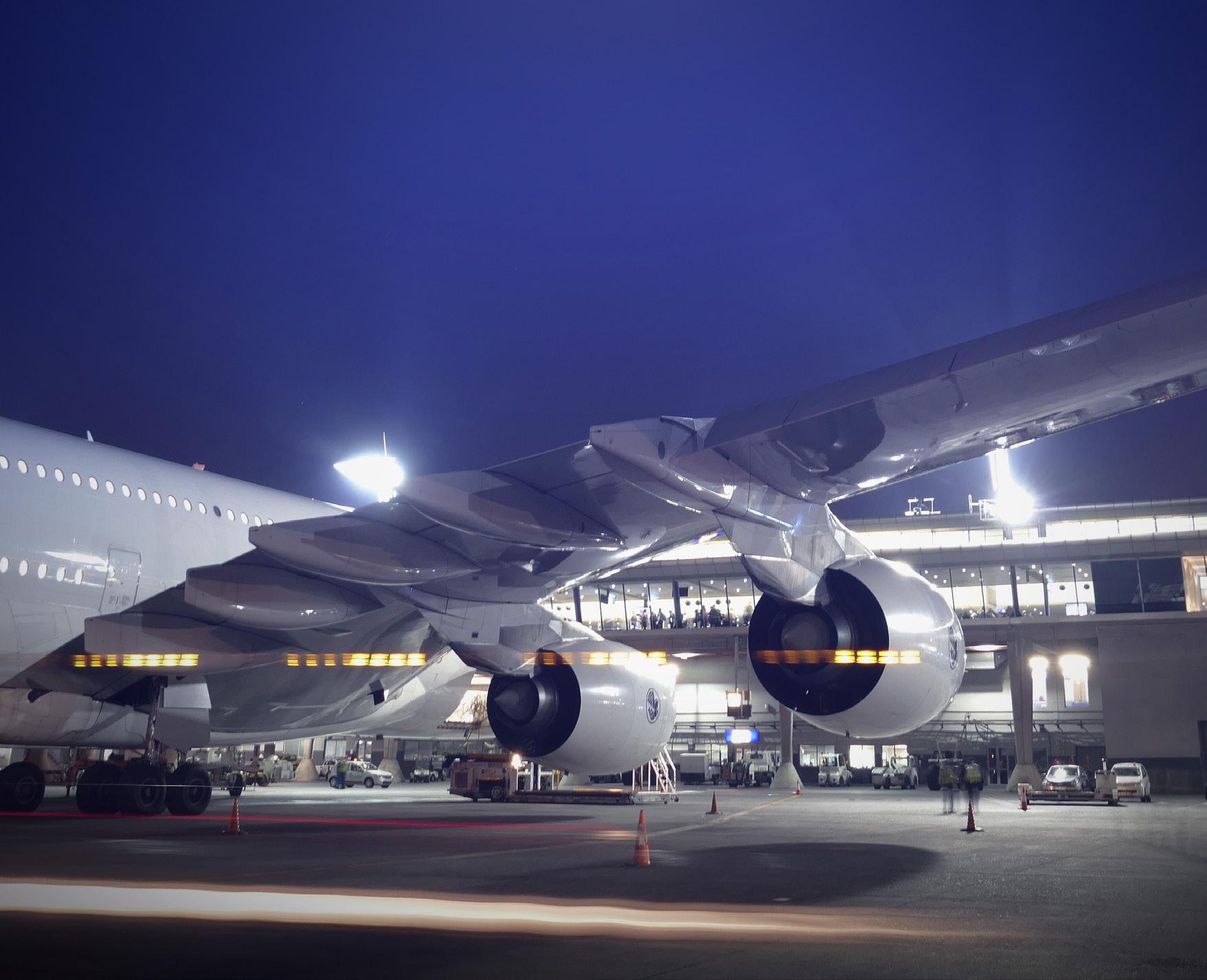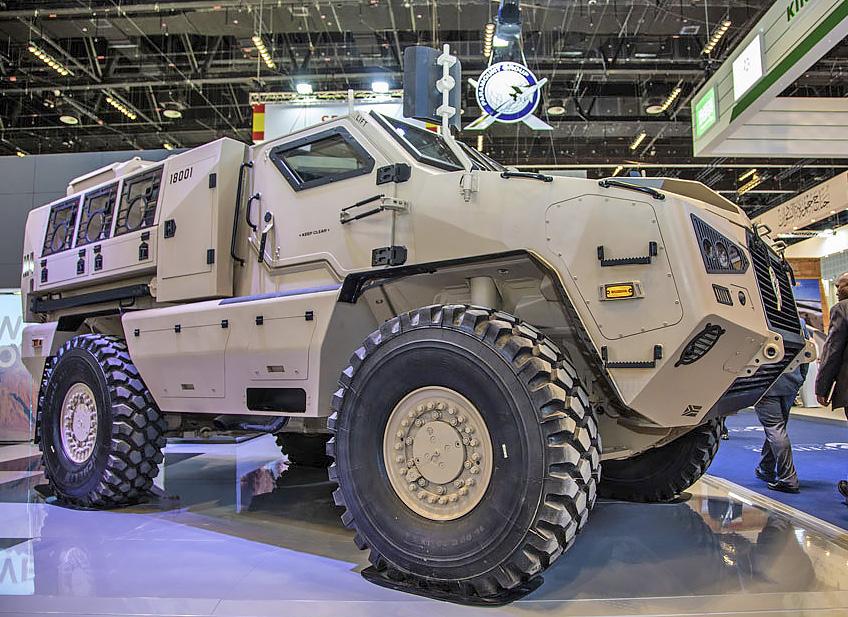
4 minute read
Manufacturing
A new national drug tender is an opportunity for local manufacturers.
Manufacturing’s contribution to South African GDP is 14%, less than half its contribution in the 1980s and a drop of about 10% from the 1990s. In 2018, the real-term contribution to GDP was R386.8-billion (Stats SA). Overall production was up 1.2% on 2017.
Advertisement
The manufacturing sector employs the third most people of South Africa’s economic sectors, about 1.7-million, after financial services and retail.
Two of the manufacturing sectors that have achieved the best results in recent years, automotive and food and beverages, are featured separately. Food and beverages is the most significant, contributing 25% to total manufacturing activity.
South African manufacturing is diverse, a fact that was on show when the winners were announced in the 2019 Factory of the Year competition. Run by management consultants AT Kearney, the overall winner was Port Elizabeth-based exhaust systems company Eberspächer South Africa. (An Eberspächer test bench is shown as the main image on this page.) Other winners included stainless-steel manufacturers (Columbus Steel), casting and machinists (Atlantis Foundries), packaging (Nampak Bevan) and smart meter providers (Nyamazela Metering).
Several of the main organisations involved in manufacturing contribute to the judging process: the Department of Trade, Industry and Competition (DTIC), Council for Scientific and Industrial Research (CSIR), the Industrial Development Corporation (IDC), the Manufacturing Circle and the Lean Institute Africa, which has its office in the Graduate School of Business (UCT) in Cape Town.
South Africa’s pharmaceutical sector is worth approximately R20-billion annually. Although there are more than 200 pharmaceutical firms in the country, large companies dominate, with Aspen (34%) and Adcock Ingram (25%) the key players, followed by Sanofi, Pharmaplan
SECTOR INSIGHT
Clothing and textiles is bouncing back.
and Cipla Medpro. The National Association of Pharmaceutical Manufacturers (NAPM) has rebranded as Generic and Biosimilar Medicines of Southern Africa.
A new tender for a national supplementary HIV/Aids drug tender which was previously awarded to foreign companies is to be issued, opening up opportunities for local manufacturers such as Cipla Medpro, which made up 23% of the previous tender. The three-year tender is worth R18.3-billion.
The opening in May 2018 of a R1-billion specialised product facility at the Port Elizabeth plant of Aspen Pharmacare will add 500 jobs to the existing complement of 2 000 staff members. The new plant will make products for chronic conditions for the company which until now has focussed
on generics. Annual production is planned of about 3.6-billion tablets.
South Africa’s chemical industry contributes 5% to national gross domestic product (GDP) and about 60% of earnings are derived from exports. The complexes run by Sasol at Secunda (Mpumalanga) and Sasolburg (Free State) underpin the national manufacturing capacity. Sasol Chemical Industries makes about 60% of South Africa’s polypropylene. Safripol is South Africa’s only other producer. More than half of Sasol’s production of 625 000 tons is exported. Omnia and Kynoch (fertiliser), Karbochem (rubber and carbo-chemical), Safripol (plastics) and Afrox are among the other major companies operating out of Sasolburg.
The by-products of the sugar and forestry processing plants of KwaZulu-Natal benefit the chemicals sector. Illovo Sugar manufactures downstream products such furfural, furfuryl, alcohol, diacetyl and ethyl alcohol. Sappi makes 17% of the world’s dissolving wood pulp. Two of the company’s three mills are in South Africa, Ngodwana (Mpumalanga) and Saiccor (KwaZulu-Natal). The latter mill has a capacity of 800 000 tons per annum of sulphite dissolving wood pulp, making it the world’s single largest manufacturing site. AECI is one of South Africa’s biggest groups. The two principal divisions are AEL Mining Services (with a large factory site at Modderfontein near Johannesburg) and Chemical Services, which has 20 separate companies. Foskor is the country’s only vertically integrated phosphates producer. The Manufacturing and Competitiveness Enhancement Programme (MCEP) of the Department of Trade and Industry and Competition (the dtic) has disbursed grants which have resulted in 230 000 jobs being “sustained”.
Because of the Clothing and Textile Competitiveness Programme, that sector currently now employs around 95 000 workers, contributing 8% to manufacturing GDP and 2.9% to overall GDP. In the leather sector 22 new factories have been opened, supporting 2 200 jobs.
In the Western Cape, this revival is reflected in member companies of the Cape Clothing and Textile Cluster hiring 35% more staff in four years. Some 23 600 people are employed in the province and exports from the Cape amounted in 2017 to R4.4-billion with sales up by 34% above inflation.
Metals
Among other important sectors are metals beneficiation (more than 50% of the world’s ferrochrome is produced in South Africa), coke and refined petroleum products and information and communication technology. Steel and petroleum collectively make up about 45% of South Africa’s total manufacturing production capacity.
Steel has been experiencing a volatile few years, with reduced demand from China. This sector makes up 28% of manufacturing. The country consumes about 150 000 tons of stainless steel every year. South Africa makes about 500 000 tons of primary stainless steel (most of which is exported) and imports a further 40 000 tons. Cheap imports have been at the heart of problems for the steel sector, but other issues include energy prices and labour costs.
Middelburg-based Columbus Stainless is a major supplier of stainlesssteel products to the domestic and international markets. The Manganese Metal Company in Nelspruit is the largest producer of pure electrolytic manganese metal in the world.
Iron production at Saldanha in the Western Cape includes hot-rolled coil produced by ArcelorMittal and cold-rolled and galvanised steel by DSP, a joint venture between South Africa’s Industrial Development Corporation (IDC) and a Belgian company, Duferco.
ONLINE RESOURCES
Centre for Advanced Manufacturing: www.cfam.co.za Chemical and Allied Industries’ Association: www.caia.co.za Manufacturing Circle: www.manufacturingcircle.co.za South African Textile Federation: www.texfed.co.za Steel and Engineering Industries Federation of Southern Africa: www.seifsa.co.za

